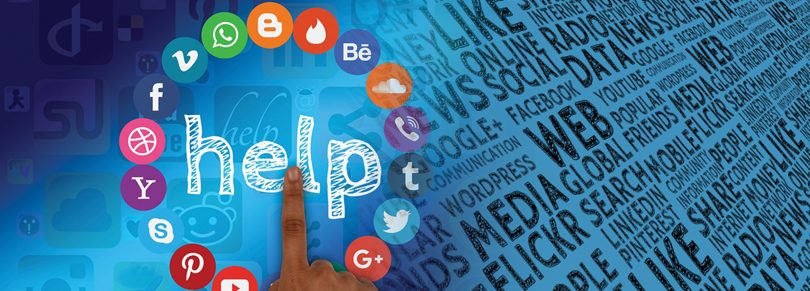Macro and micro are word prefixes in common use. Both imply size measurements but in different directions, macro measures the very large and micro the small. For example, macroeconomics is the study of economic issues that affect large people groups like nations, while microeconomics focusses on smaller groups like families and individual companies.
Speaking about truth, is there a macro and micro version of the truth? I am going to introduce some terms to define how we relate to and understand people around us. Micro truths or our personal experiences define our relationships with the people we meet on a daily basis. Macro truths are generalizations that dictate how we look at whole communities.
Macro truths inform the choices we make such as the communities we live in, the schools we send our children to. When the macro truths we believe are wrong, whether either because we wereare deliberately lied to or due to our own faulty analysis, we take poor decisions. Truth is vitally important. Falsifying truth, at a macro level, has been a tool used with disastrous consequences in the past. Macro falsehoods stifle, demean and destroy human relationships and communities.
| Dennis Prager, the popular Jewish American talk show host and apologist says:
“Truth is the most important value. Because lies built Auschwitz – without lies about Jews there could not have been the Holocaust, without lies about blacks there could not have been the slave trade. Lies are the root of evil more than any other sins. People who believe lies do not know they are doing evil – that’s why it is so terrible. You can enslave blacks because they are not really human, you can murder a Jew or gypsy because they are vermin and so on. All the genocides are based on lies. The world rests on truth.” |
When people are sharply divided into tribes on the basis of caste, religion, language or culture they are easy to manipulate. The latent tribal group instincts makes the group susceptible to an “us” versus “them” narrative. Even a narrative filled with easily disproved propaganda and conspiracy theories, is believed by a divided people if it appears to serve the group’s self-interest.
Embellish the lie with half- truths, attractive catch phrases, repeat it often, and the belief in it will withstand all logical challenges. In India our natural diversity of language, religion and traditions makes us easy targets for polarization and division. The British exploited it. All political parties in independent India exploit it.
As we approach the threshold of a general election in 2019, we will see more and more divisive propaganda. Aldous Huxley in his 1958 essay Brave New World Revisited warns about non-rational propaganda that serves nobody’s self-interest, but is dictated by, and appeals to, passion. Such propaganda avoids logical argument and seeks to influence its victims by the mere repetition of catchwords, by the furious denunciation of foreign or domestic scapegoats and by cunningly associating the lowest passions with the highest ideals, so that atrocities come to be perpetrated in the name of God and as a matter of religious principle and patriotic duty.
A strong democracy needs free and fair mass media, vocal social activists and strong opposition political parties to give voice to issues that threaten the progress and security of the country. In the run up to the elections, we will see attacks on all these pillars of democracy through televised debates and social media. Often the attacks are Ad-Hominem (Latin for “to the man”) fallacies or illogical arguments that attack the character, motive, or other attributes of the person raising the issues rather than addressing the substance of the issue itself. Fallacies are strategies to dodge inconvenient truths.
|
Some of the common Ad-Hominem fallacies are:
|
As individuals, we are the building blocks of our democracy. All propaganda is targeted at us – don’t fall easy prey to lies and fallacies. Double check things before you circulate them. Doesn’t matter if it is pro- or anti- the cause you believe in. Just because you heard it or read it on Whatsapp doesn’t make it true. Be suspicious. Be curious.






Leave a Comment